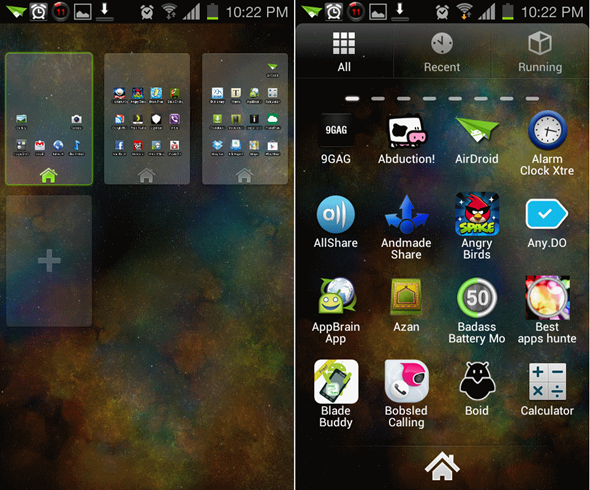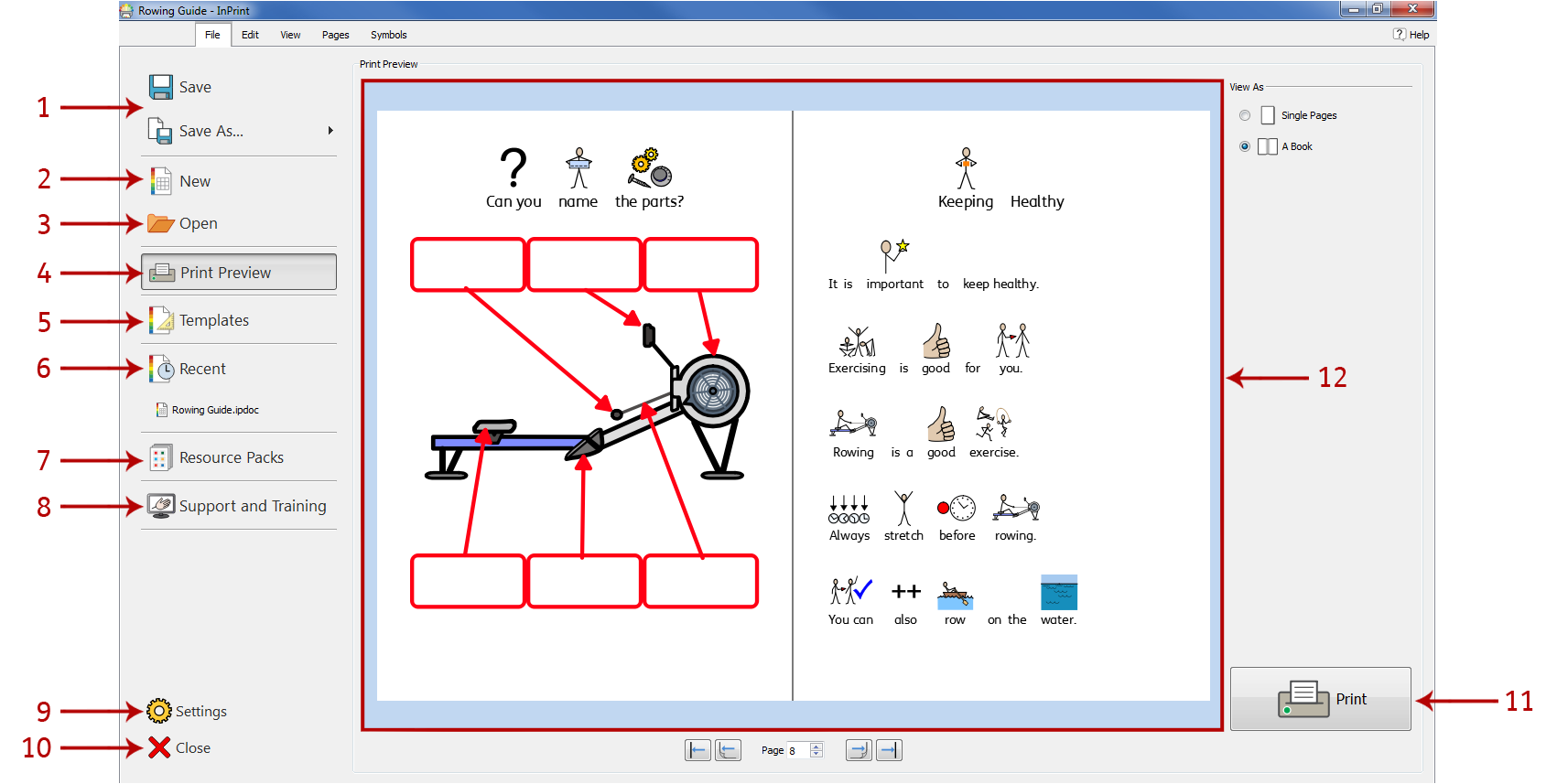


The answer might be, “At the pool” or “In the crystal blue waters of the Caribbean.”Įnglish used to have three common words for 'where': 'where,' 'whence,' and 'whither.'Įnglish used to use three separate words for “where” of location, “where” of origin, and “where” of destination. A possible answer might be, “To the buoy and back,” or “To Cambodia.” But “Where are you swimming?” just asks about the place where you’re doing the swimming. “Where are you swimming to?” is asking about a destination. True, it’s redundant in “Where are you going to?,” but how about in “Where are you swimming to?” That doesn’t mean the same thing as “Where are you swimming?” Sometimes people will add a “to” to the end, and say, “Where are you going to?” Like “Where are you at?,” this is redundant, since “Where are you going to?” and “Where are you going?” mean the same thing.Įven so, I don’t get complaints so often about “Where are you going to?” That might be because “where to” isn’t always redundant the way “where at” is. You can also use “where” to ask about an origin, in questions like, “Where are you from?” The preposition “from” isn’t redundant, because “Where are you from?” does not mean the same thing as “Where are you?” I’ll call this the “where” of origin.įurthermore, you can use “where” to ask about a destination, in questions like, “Where are you going?” I’ll call this the “where” of destination. This is the “where” that’s always redundant when you add an “at” to it. Of course, you can use it to ask about a place where something is or something happens, as in “Where are you?” or “Where do you live?” I’ll call this the “where” of location. In present-day English, the word “where” can be used in several ways. Now let’s talk about a more typical case of “where” used with “at”: The question “Where are you at?,” which means the same thing as “Where are you?” To understand how this “at” got into the picture, we need to look at the history of “where” and its relatives in English.


 0 kommentar(er)
0 kommentar(er)
